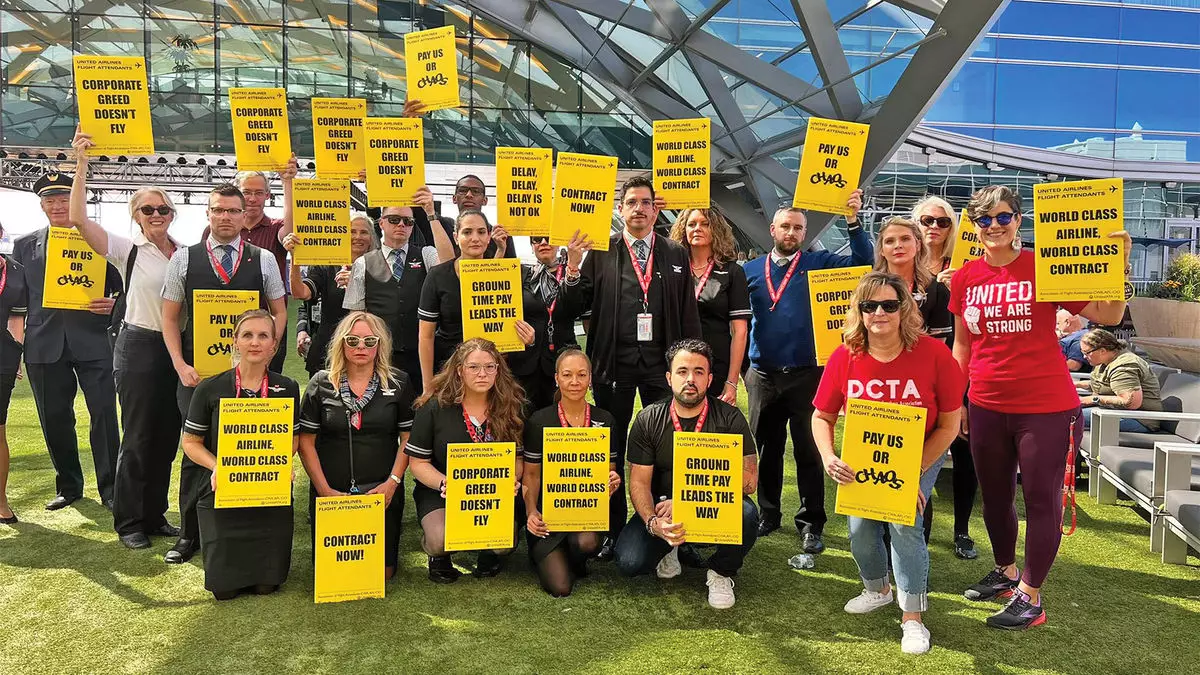Recently, United Airlines flight attendants voted in favor of authorizing a strike with over 90% of union members participating and supporting it nearly unanimously. This action, however, does not automatically mean that a strike is imminent. The Railway Labor Act, which governs the process of strike actions in the airline industry, requires several additional steps to take place before United’s flight attendants could actually go on strike.
While a strike authorization vote raises the stakes during formal mediation sessions between United and the union, it does not guarantee that a work stoppage will occur. Other airlines like Alaska, Southwest, and American have utilized similar strike authorization votes as a negotiating tactic in recent labor negotiations. Southwest and Alaska have successfully reached new labor agreements with their flight attendants, while American has entered into a tentative agreement with its crew.
The labor agreement between United and the Association of Flight Attendants has been amendable since August 2021, with mediation efforts initiated over eight months ago. Despite the strike authorization, United expressed its commitment to continuing negotiations with flight attendants. The airline highlighted ongoing discussions scheduled through November and emphasized its desire to reach a mutually beneficial agreement.
The Association of Flight Attendants is pushing for a double-digit base pay increase, retroactive pay dating back to the amendable date, compensation for time spent on the ground during work hours, enhanced schedule flexibility, and other contract improvements. The union’s president, Ken Diaz, criticized United’s management for granting themselves substantial compensation raises while flight attendants struggle to meet their basic financial obligations.
The authorization of a strike by United Airlines flight attendants is a significant development in the ongoing labor negotiations within the airline industry. While the vote reflects the crew’s dissatisfaction with current working conditions and compensation, it is merely a part of the complex process governed by federal labor laws. The next steps in this intricate dance between labor and management will determine whether a strike actually takes place or if a mutually beneficial agreement can be reached through further negotiations.


Leave a Reply